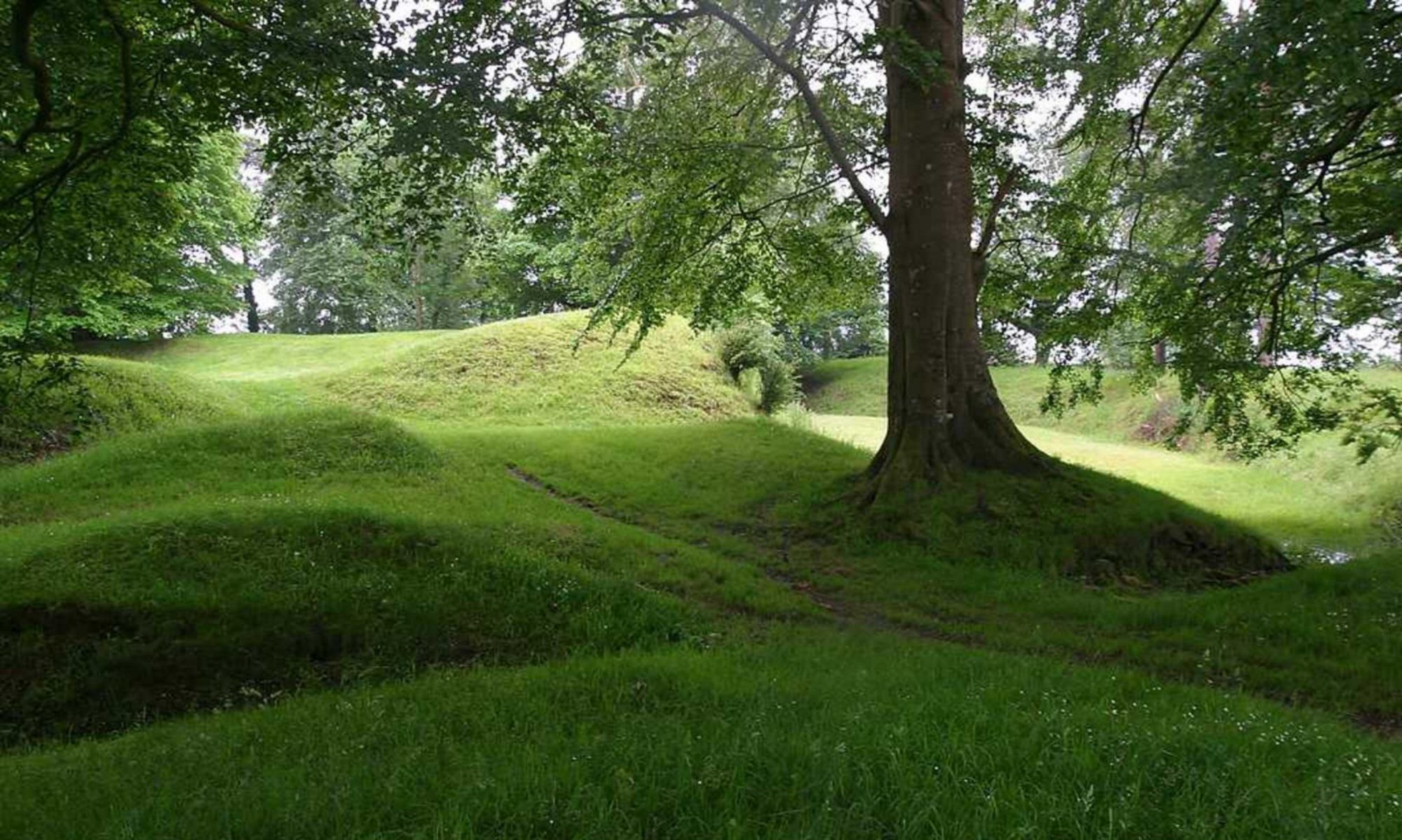On a famous Robert Frost poem and two of my own
This is about Frost’s “The Road Not Taken,” one of the best known poems in the U.S.
I think the short poem has to do with what was mentioned in a previous post as what economists call “opportunity cost,” giving up one thing for another, or possibly one person for another or for a cause or just to be decent.
Everyone has regrets in life. “You want most what you don’t have,” said the therapist. It can lead to the deadly sins of envy and wrath. Though the poem’s narrator seems resolutely resigned to his or her choice, the speaker also seems a bit sad and regretful.
Here is the full poem. It actually seems to end on a possibly positive note.
Two roads diverged in a yellow wood,
And sorry I could not travel both
And be one traveler, long I stood
And looked down one as far as I could
To where it bent in the undergrowth;
Then took the other, as just as fair,
And having perhaps the better claim,
Because it was grassy and wanted wear;
Though as for that the passing there
Had worn them really about the same,
And both that morning equally lay
In leaves no step had trodden black.
Oh, I kept the first for another day!
Yet knowing how way leads on to way,
I doubted if I should ever come back.
I shall be telling this with a sigh
Somewhere ages and ages hence:
Two roads diverged in a wood, and I—
I took the one less traveled by,
And that has made all the difference.
“Face Mask” by yours truly
‘Time to prepare a face to meet the faces that you meet.’ –T.S. Eliot
“Don’t forget to wear your mask! (No matter how many times vaccinated; Hope this does not seem plaint-ed
And certainly won’t get me dated).
And don’t drink on the street from a flask.”
“Okay. Such a task.”
“Bear” by yours truly
“It clearly bears watching.”
“Ahh! Watching bears.
Everyone running from them.
There appears to be an angry Momma bear.
You probably don’t want to see me bare.
Beware!”
